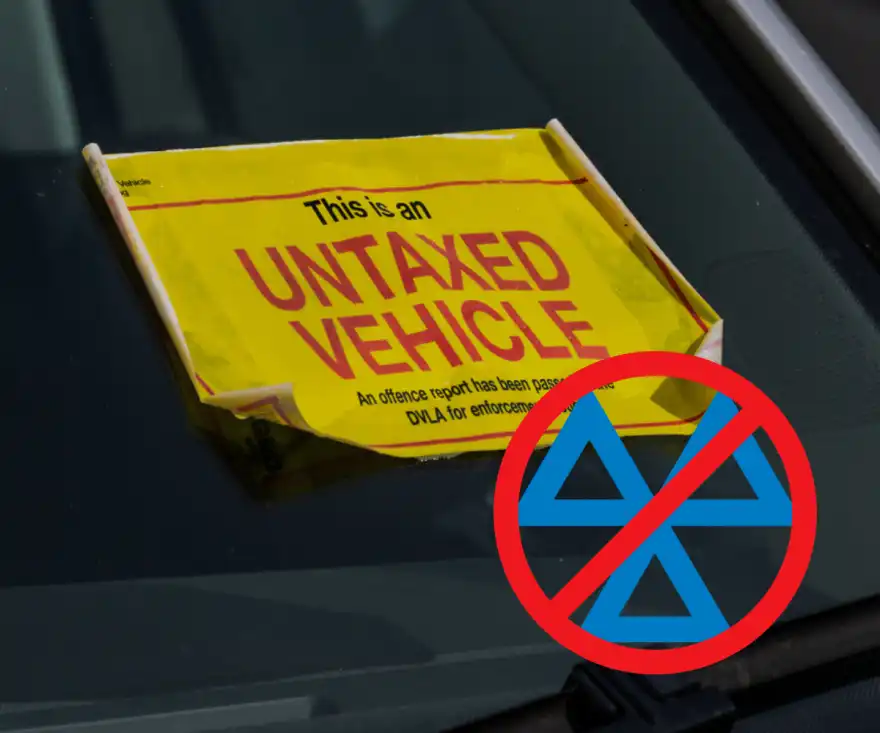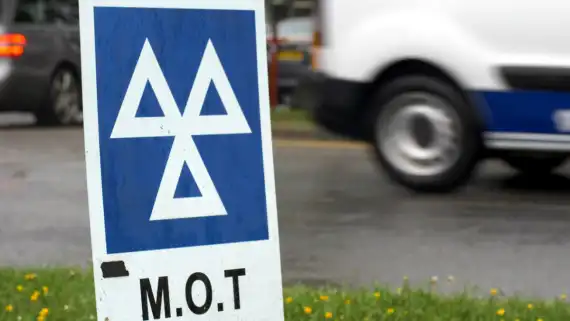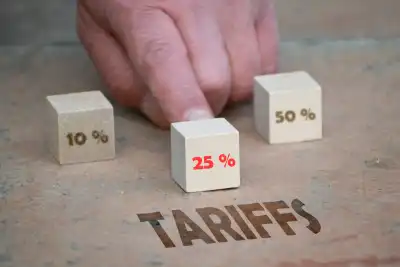
Taxing a vehicle in the UK requires a valid MOT certificate. The Driver and Vehicle Licensing Agency (DVLA) mandates that most vehicles over three years old must have a current MOT before road tax can be renewed. This ensures that all vehicles on the road meet safety and environmental standards.
Why Is an MOT Necessary for Car Tax?
The MOT test assesses the roadworthiness and environmental compliance of vehicles. By requiring a valid MOT for tax renewal, the DVLA aims to keep unsafe vehicles off public roads, promoting safety and reducing harmful emissions.
Exceptions to the Rule
There are specific situations where you can tax a car without an MOT:
- New Vehicles: Cars under three years old are exempt from MOT testing.
- MOT Exemptions: Certain vehicles, such as classic cars over 40 years old, may qualify for MOT exemption. However, owners must apply for this status and ensure the vehicle remains in a roadworthy condition.

Steps to Renew Car Tax with an Expired MOT
If your MOT has expired, follow these steps to renew your car tax:
- Obtain a Valid MOT: Schedule and pass an MOT test at an approved centre.
- Renew Car Tax: Once you have a valid MOT certificate, you can renew your car tax online via the gov.uk website or at a local Post Office.
Driving Without MOT and Car Tax: Legal Implications
Operating a vehicle without a valid MOT or road tax is illegal:
- Without MOT: You may receive a police caution, fines up to £2,500, points on your licence, or even a driving disqualification, especially if the vehicle has dangerous faults.
- Without Car Tax: An automated fine of £80, reduced to £40 if paid within 28 days, is typically issued.
Checking Your Vehicle's MOT and Tax Status
To avoid penalties, regularly check your vehicle's MOT and tax status. You can check for free using Regit's free tools:
Conclusion
Maintaining a valid MOT certificate is essential for renewing your car tax in the UK. Regular vehicle checks and adherence to legal requirements ensure your safety and compliance on the road.




